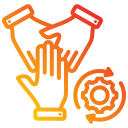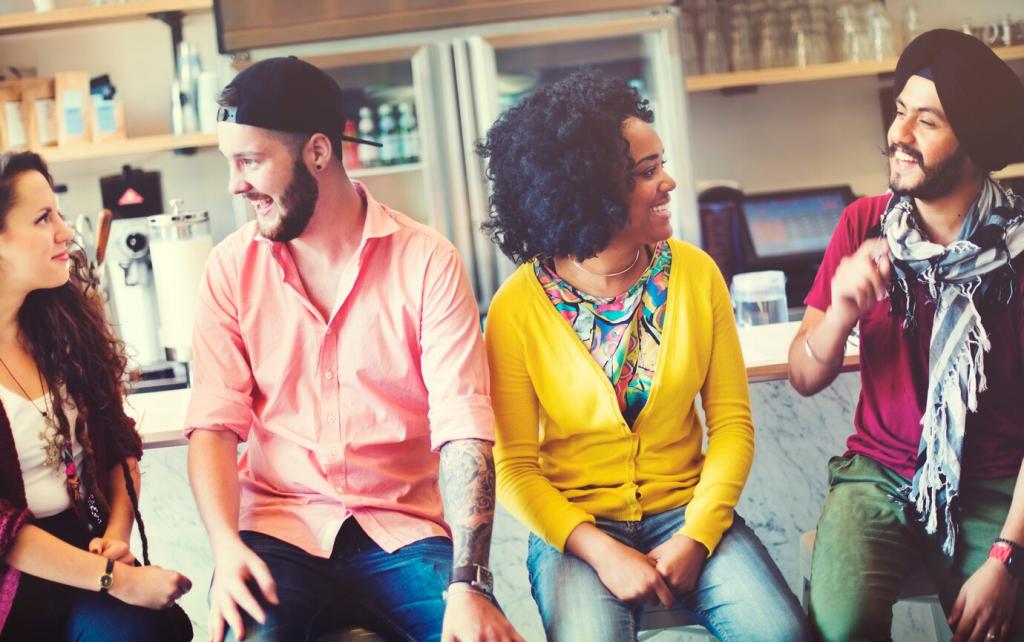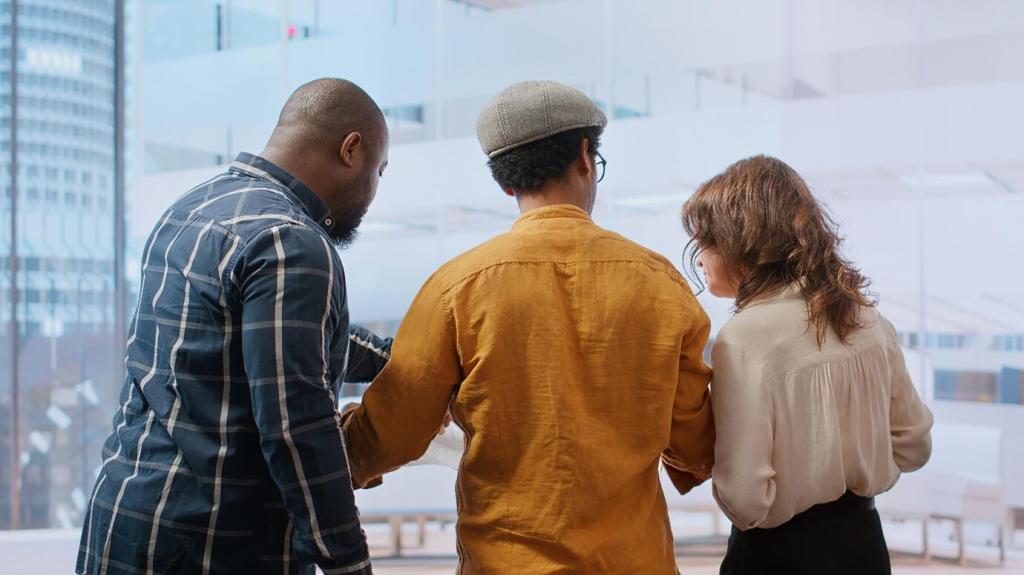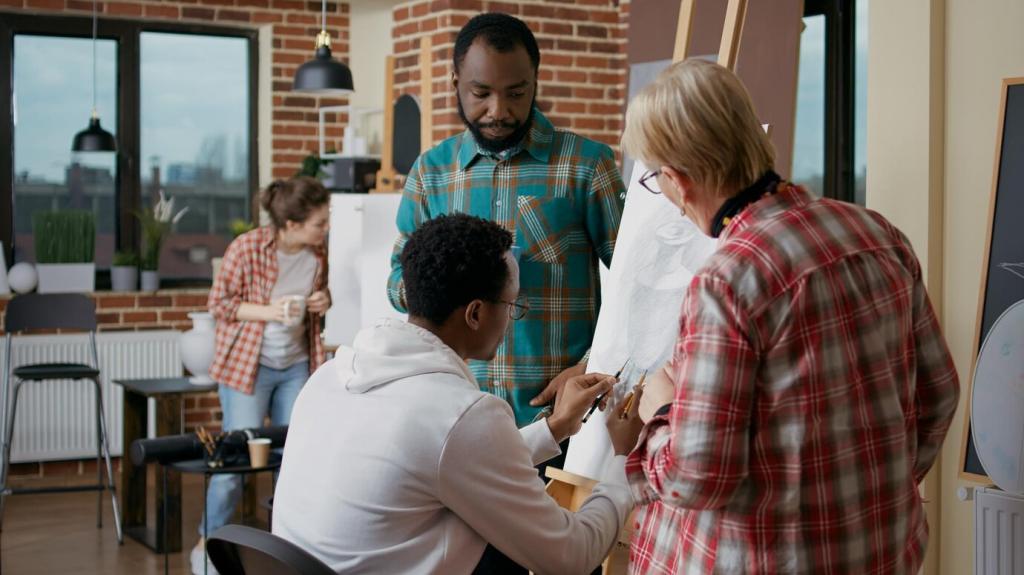Facilitation Practices that Build Belonging
Rotate who facilitates, timekeeps, scribes, and presents. When roles change, so do default dynamics. The habitual talker learns to listen deeply; the quiet observer finds a structured moment to shape decisions. Over time, role rotation normalizes shared ownership of outcomes and relationships.
Facilitation Practices that Build Belonging
Borrow the improvisational rule of “Yes-And” to explore ideas without premature judgment. Then deliberately switch into a framing phase: criteria, constraints, and next steps. This two-step preserves psychological safety while ensuring the workshop leads to decisions your team will actually use.







